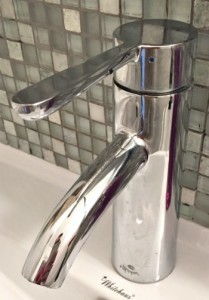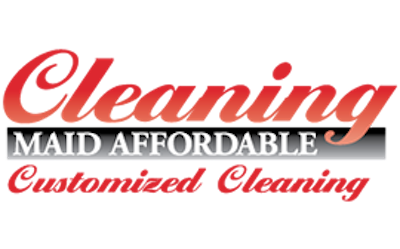The Dirtiest Places in Your Home
If you asked most people which place in their home is the dirtiest, most people would answer their bathroom. If they were specific with their answer, they would probably say the toilet. They would be wrong.
The home kitchen typically harbors the most germs, and being the place you cook, that’s can be a concern.
 * Kitchen faucet handles are commonly being turned on by dirty hands. The germs and dirt are being transferred to the handles, then back onto your hands after washing them when you touch the handles to turn the water off.
* Kitchen faucet handles are commonly being turned on by dirty hands. The germs and dirt are being transferred to the handles, then back onto your hands after washing them when you touch the handles to turn the water off.
* The kitchen sink, unless regularly sanitized, can harbor germs and grime from dirty dishes, food scraps and anything else you’ve cleaned in it.
* Your kitchen sponge can harbor many bacteria including salmonella. By replacing it often and placing it in the dishwasher when you run a load, you can cut back on the risk of cross-contamination.
* With each cut off the knife blade on your cutting board, we make a tiny groove in the surface in which germs and bacteria can hide and fester.
* Kitchen countertops are the location where outside items often get brought in and dumped. Purses, book bags, lunch boxes, bags of groceries, etc. all get tossed onto the counters when we come home. Whatever surfaces those items have touched outside the home were likely to have germs and bacteria on them, which now got carried home and landed on your kitchen countertops.
* The coffee maker is prime breeding ground for mold. The moisture left in the water reservoir after each pot of coffee made can create the perfect environment for mold to grow.
* Stove knobs are frequently overlooked during cleaning, yet we often touch them with hands that have been touching food, creating a prime spot to harbor bacteria.
* Pet food bowls can have food remnants sitting in them for hours. At least once a week, clean the food bowls in the dishwasher or with hot water and soap.
* Pet toys are the final dirtiest surface in your home. Mold, staph germs and coliform bacteria from pet saliva grow on pet toys and cause problems for humans. Wash pet toys in the dishwasher or washing machine weekly to clean.
